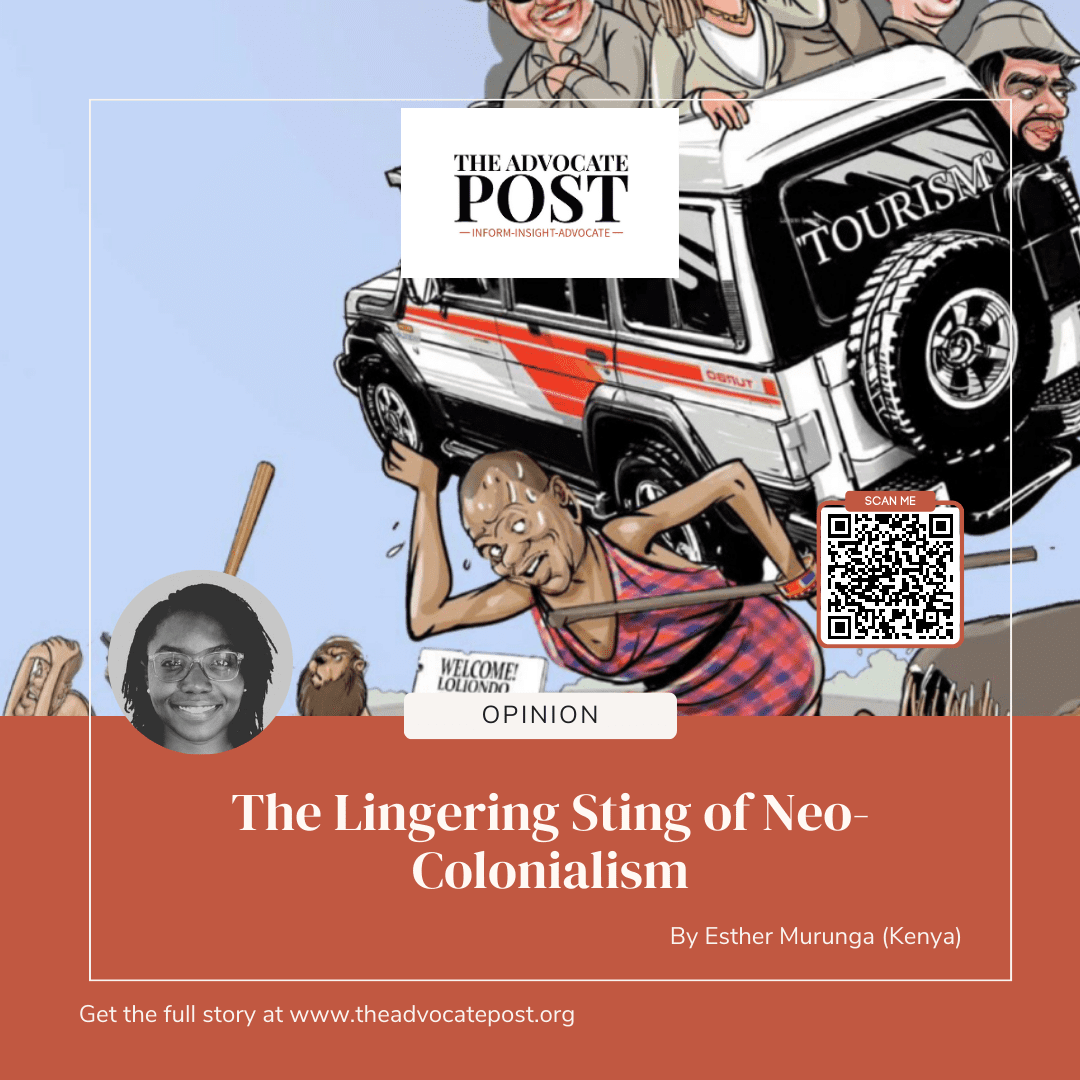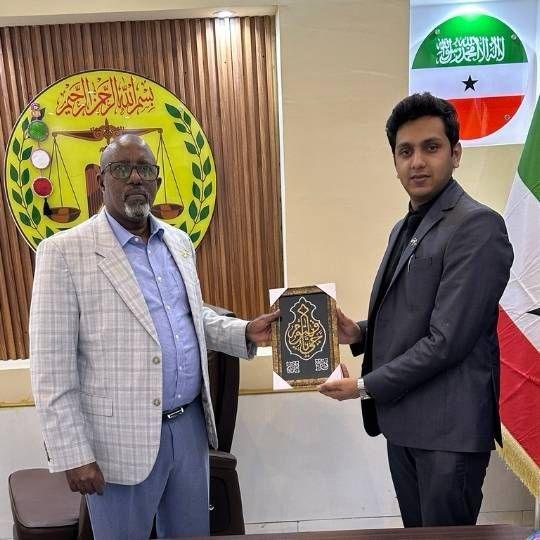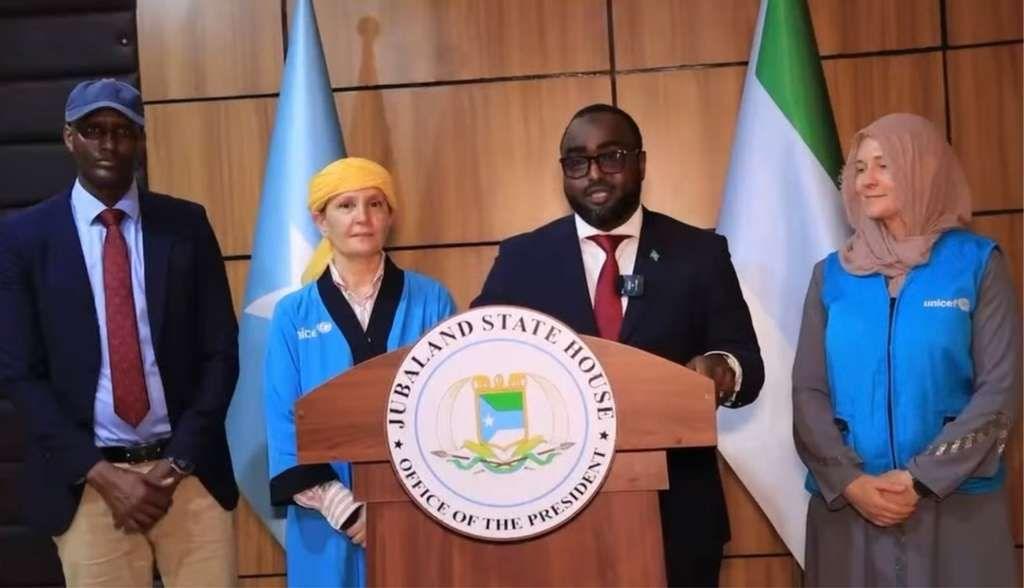By Esther Murunga (Kenya)
On 9th August 2024, I attended a documentary screening hosted by Amnesty International in honour of the International Day of the World’s Indigenous People, courtesy of an email invitation from the organisation. As anyone who has never heard of the International Day of the World’s Indigenous People would, I battled whether or not to spend my Friday afternoon ingesting a cocktail of sadness and anger as the theme was, “Business as usual in bloodied land? Role of businesses in forced evictions in Loliondo, Tanzania”. My adventurous spirit won and I was soon deep into a documentary on the forceful eviction of the Maasai Indigenous People in Tanzania. As the credits rolled, I balanced tears.
A report published by the African Development Bank Group in 2024 declared rising food and energy prices due to geopolitical tensions like the Russia-Ukraine conflict, climate impacts on agriculture and energy, and ongoing political instability as Africa’s greatest challenges. To this, I add neo-colonialism; a relentless bloodsucker draining Africa’s resources and exploiting its people.
The term ‘neo-colonialism in Africa’ frequently brings to mind countries such as the United States, the United Kingdom, and France, owing to their historical connections with the continent. However, the dynamics of urbanisation have shifted interest toward Africa from nations that were once less involved, including the UAE, China, and Russia.
In Tanzania, this interest, specifically by the UAE, has led to 15 years of torment for Maasai indigenous communities living in Loliondo. Ortello Business Corporation (OBC) is battling these communities for their ancestral land to be used as grounds for trophy hunting. Despite years of national, regional, and international outcry, the corporation connected to a member of the ruling royal family in the UAE remains relentless. Supporting these egregious actions are TAASA Lodge, owned by US native Jim Roane, Etisalat, a UAE state-owned telecommunications company.
“Now, I’m being surprised how I’m being made to a person without a home, is this not hate?”, the words of Nalotueha Kartepa, a woman leader in Endulen, Loliondo. Certainly, they have not resonated with primarily UAE businesses operating in the contested land. When approached to defend themselves against these claims, they retort that they cannot share much on the matter as it is in court. Yet, they heavily invest in advertisements on how a 24,700 acre wildlife concession leased from Maasai landlords can offer guests an exclusive, Tanzanian safari.
Two years ago, government bodies and OBC officials unanimously evicted more than 70,000 Maasai Indigenous People in Loliondo from their traditional land. In the process, more than 40 people were wounded, many people were left homeless, and others turned into refugees in Kenya. Orias Pasilance Ng’iyo, an elder in the community, is said to have been shot during the forced evictions by present community members. To date, his family and loved ones are yet to see him.
Foreign investments are crucial to Africa’s economy. Most of Africa’s progress can be attributed to this. However, when there is bloodshed, it is critical to evaluate the line between neo-colonialism and foreign investments. Foreign investment is geared towards shared value for the investor and the country while neo-colonialism is the use of economic, political, cultural, or other pressures to control other countries. Last year, over 70,000 Maasai people in Loliondo were forced off their traditional land. During the evictions, over 40 people were injured by security forces, some were left without homes, and many had to escape to Kenya. Considering that these violent evictions were directly perpetuated by OBC officials, is this foreign investment or neo-colonialism?
Discussions that ensued after the documentary filming revealed that the situation is not unique to Tanzania. I learned from the members of the panel and audience that the same is happening in Kenya and South Africa. In Kenya, 40.3% of land in Laikipia County, an area indigenous to the Maasai, is owned by 48 large-scale ranches predominantly owned by foreigners. In Botswana, the Gana and Gwi were evicted from the Central Kalahari Game Reserve by the government which claimed that it wanted to develop the Bushmen. However, Survival International argues that the rich diamond deposits in the Reserve are the main drivers of the evictions.
As the discussions came to a close, I couldn’t help crying for my people. As an African, I recognize that I could easily be the one facing forceful evictions from my home just because someone feels that I do not deserve to live there. Since I can, I will add my voice to the growing pool of calls to action for justice for African indigenous people. The irony lies in the fact that neo-colonialists, working hand in hand with governments, claim that these communities are harming the environment, justifying their eviction. However, the truth is that their lands are rich in beauty, wealth, and resources—precisely what these governments and neo-colonialists are eager to control. Let this be your call to action to stand up for the rights of Indigenous people, both near and far.





